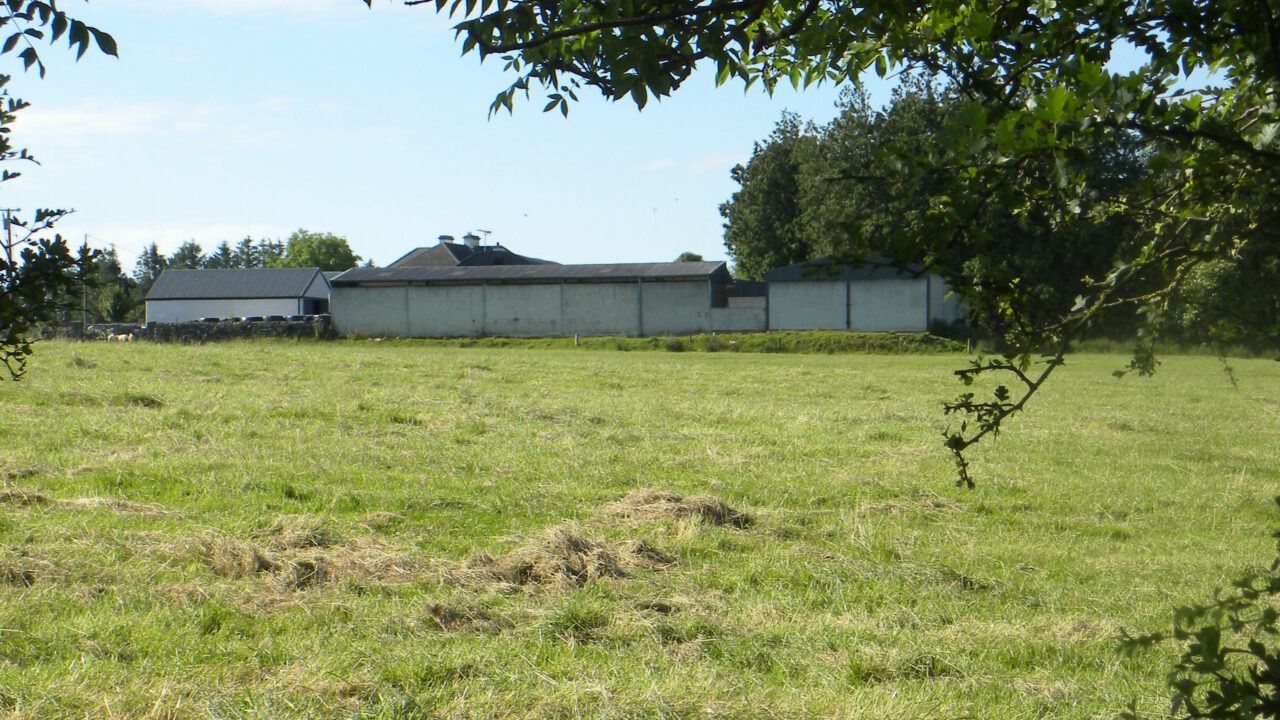Just 35% of Irish farms were viable last year, according to Teagasc, which is a slight decrease on the previous year. Dr. Fiona Thorne of Teagasc outlined the latest Teagasc, National Farm Survey statistics on the viability of farming in Ireland at the Teagasc Rural Development Conference.
Dr. Thorne told delegates at the conference that a further 32% of farm households in 2013 could be considered sustainable due to the presence of off-farm income.
Dr. Throne said: “Based on these figures, over one third of all farm households in Ireland could be considered vulnerable, given that they are not economically viable and neither the farm operator nor the spouse holds an off-farm job.”
Dairy and tillage farms are the most viable, and the proportion of economically viable dry stock farms remains low, at about 15% for cattle rearing farms. The regional disparities were also very apparent in the presentation, with Dr. Thorne saying that the West and Border regions of the country were at most risk of been considered vulnerable. Forty three per cent of farms in the Border region were considered vulnerable compared to only 19% in the South West of the country.
Teagasc Director, Professor Gerry Boyle said: “It is important to recognise that many farm households have a source of off-farm employment and, in many of these households the off-farm income is important, or critical in sustaining the farm household. Whilst the economic benefits of off-farm employment are obvious there are a wide variety of other benefits associated with working off-farm including the development of new skills, exposure to new experiences and ideas, and the social benefits of interacting with others. “
Speaking at the conference Minister of state for Rural Affairs, Ann Phelan TD said: “I have a personal and ministerial role in energising rural communities. I am also aware of the many challenges they face and one of my tasks is to achieve a heightened awareness of these challenges to ensure that all the support agencies are rural proofing their development and business plans. The agenda for today’s conference is focussed on creating and supporting off farm jobs. One of my hopes is to energise rural communities so that they can see and prioritise their potential, can build capacity to fully develop their resources and then follow through with active implementation of practical steps to realise their ambition.”
